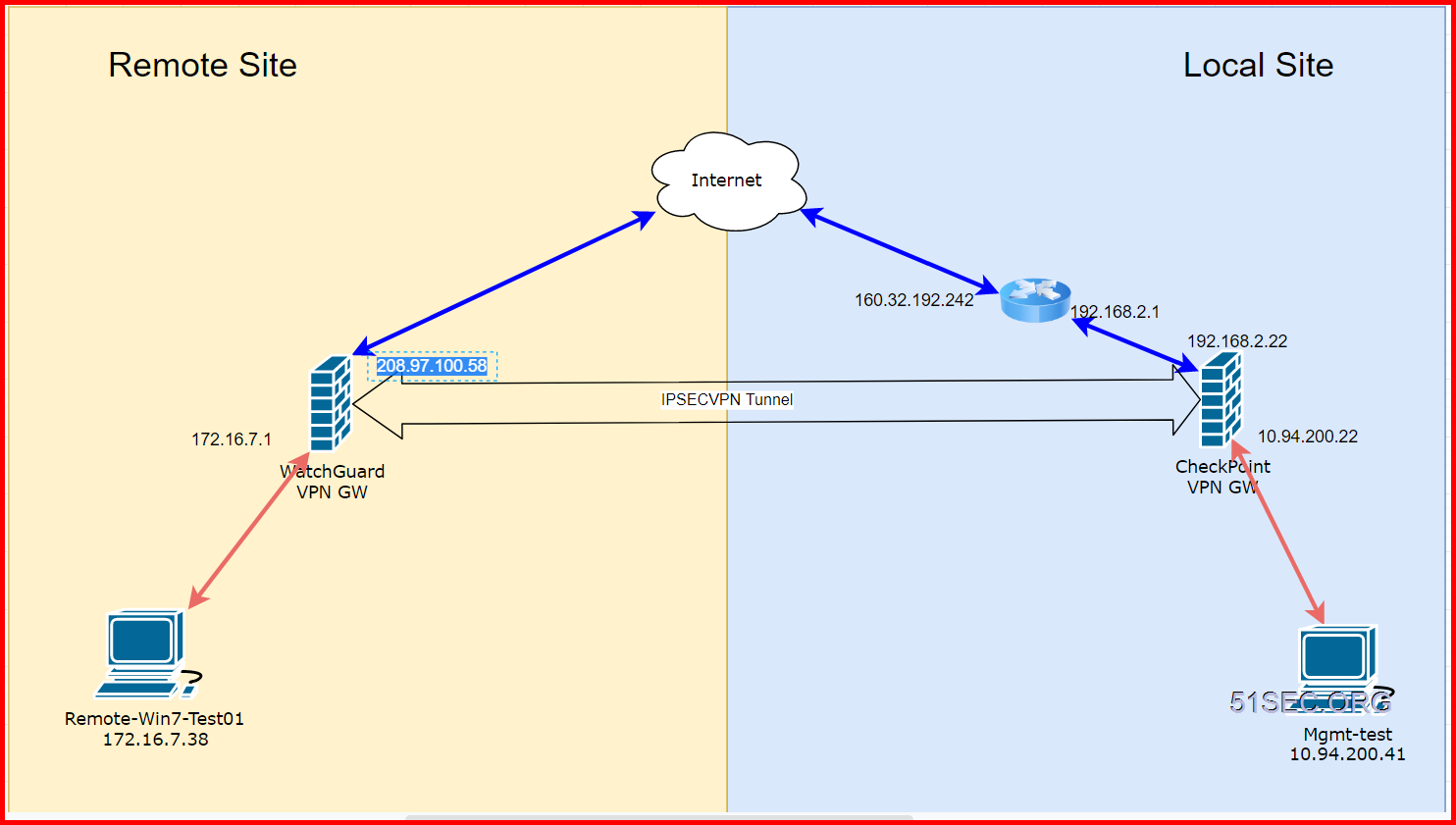

However, it’s interesting to note that there are additional issues with VPN connections during China’s more significant national holidays, like the communist party’s anniversaries.Īnd here’s another fun fact. So, it becomes a constant battle between VPN providers and the Chinese government. The biggest problem is that you can distinguish VPN traffic from normal traffic.

Hence why patterns of what does and does not work are inconsistent and difficult to detect and analyze. China’s tactics are sophisticated, and they always find new ways to limit their citizens’ access to the internet. The Great Firewall is constantly adapting. And even if you do, there are constant issues with the VPN services. Some VPNs do work in China, but you can’t have VPN servers there unless you play by the government’s rules. But, it’s important to note that to date, no foreigners have ever been punished for using a VPN while traveling in China unless they were using it to speak out against the state or the Chinese government. There are still many inconsistencies regarding individual rights versus business rights for using a VPN. Shutting down all VPNs in China would drastically limit the ability of global companies to conduct business in China. VPNs protect data sent between China and the rest of the world. VPNs are required for business in China, particularly international trade. So, why doesn’t China block VPNs and VPN software altogether? The Chinese government has even gone as far as removing all VPN apps from China’s Apple Store. Using a VPN in China is not officially illegal, but many VPN services are banned, and the government often threatens to block VPNs altogether. Long answer: China allows VPN providers to operate as long as they cooperate with the state, which defeats the privacy purpose of having a VPN in the first place. Short answer: VPNs are not illegal in China, but their use is heavily restricted.


 0 kommentar(er)
0 kommentar(er)
